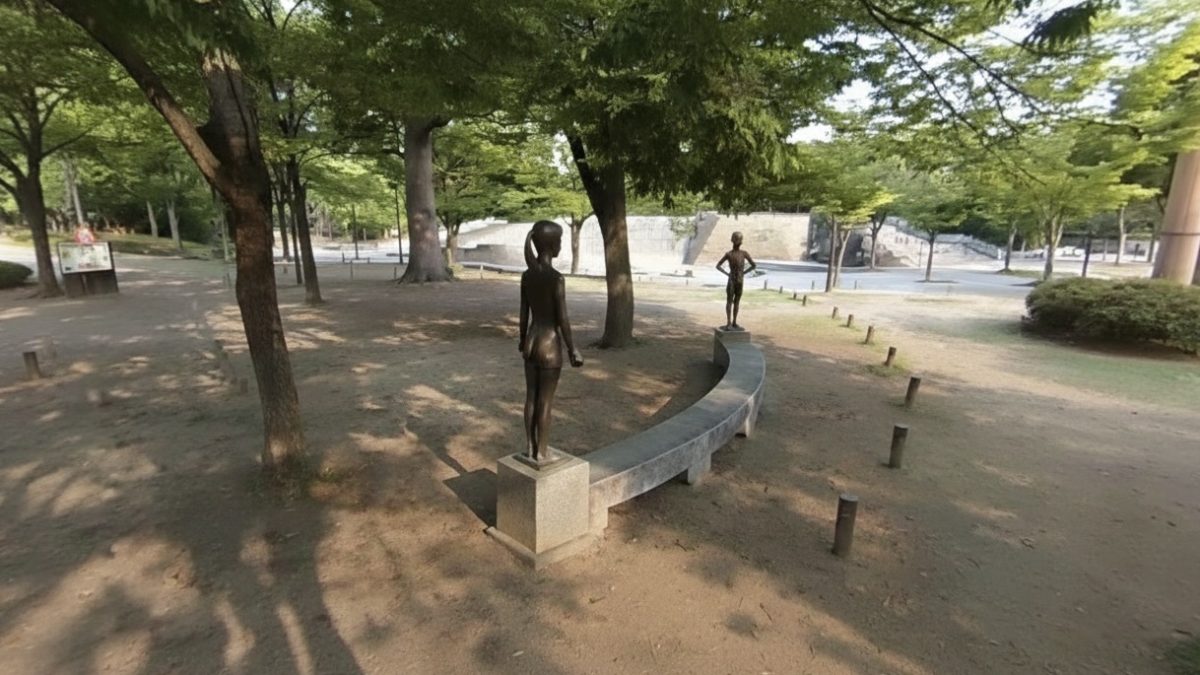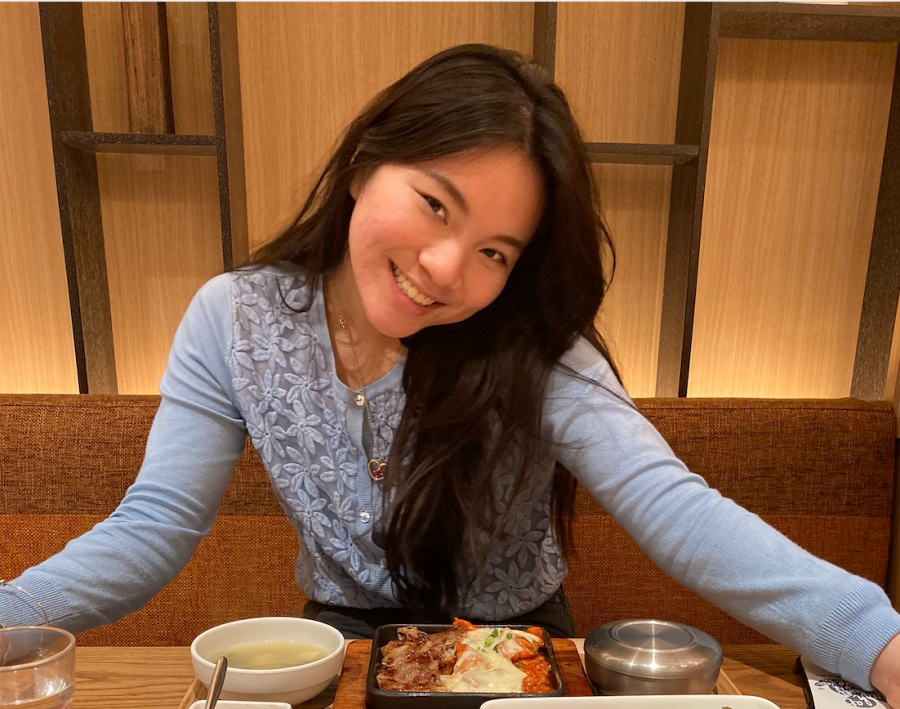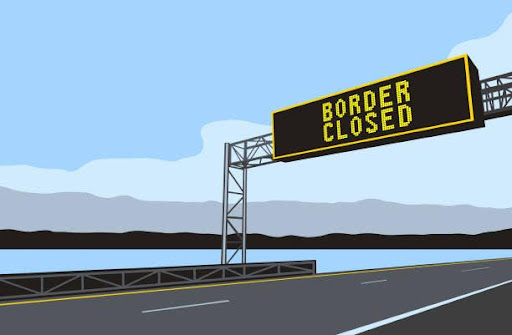If interested in studying in high-merit school systems, students may wonder about the better choice for their final high school years and whether the Advanced Placement (AP) or International Baccalaureate Diploma Programme (IBDP) is a better fit for them.
To make an informed decision, it is important to understand the key differences between the two systems. AP students choose courses that last one year, and they can take multiple courses or just one, while IB students have a two-year-long commitment to the courses. The IBDP course selection requires the students to choose 3 HL (higher level) courses and 3 SL (standard level) courses, at least one from each of the 5-6 course groups. Another point to consider is that IB may open more doors to universities internationally and is widely recognized. Similarly, AP is also followed in countries other than the United States. Still, not all universities outside the US may accept AP credits, so students need to be aware of that when making choices in their high school life.
So, in the end, which curriculum better suits different types of students?
While some may hope to orient themselves towards a program based on their desired majors, sometimes it’s not so black and white. Ms. Sin, the College Guidance Counselor at Sacred Heart, offers insight into the topic: “It’s not clear which one is best for each major. It’s not like a program that will prepare students better for their specific major.”
She states that “both programs offer different things, and they still prepare students to go to college because when they go to college, in the classroom, there will be students with different academic backgrounds.”
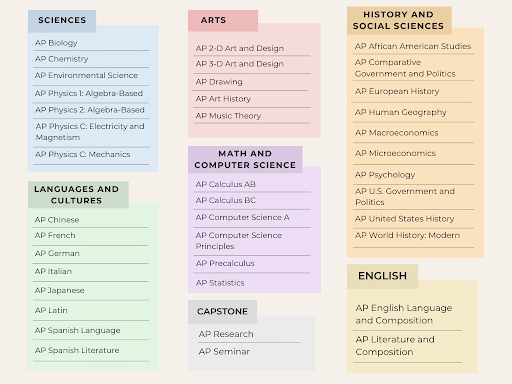
Yet, when they make their choices, students should take into account the type of workload of each curriculum, as they both have different approaches to learning. “If they want to deep dive with IB, some students could feel like that better prepares them for college. But for some, AP gives them a taste of the information, and then they can deep dive when they get to college. The approach is different, but when they get to college, that is just another tool for them to build on.”
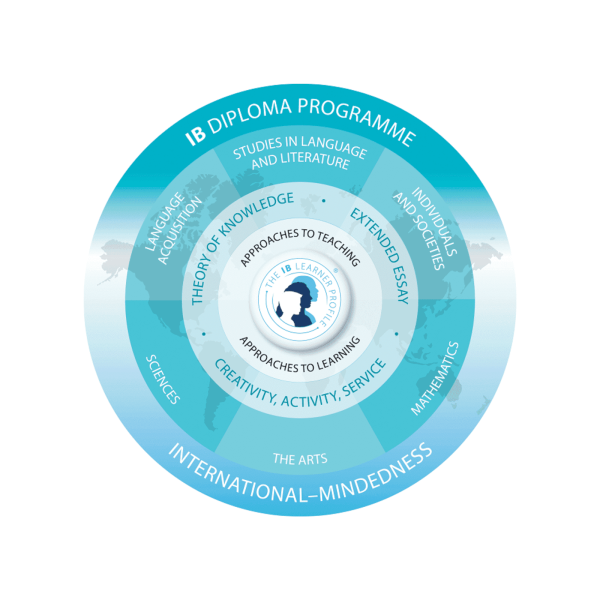
Additionally, in a report for U.S News, Stuart Jones, IBDP coordinator at Midlothian High School in Virginia, which offers both AP and IBDP, states that “AP assessments tend to be very multiple-choice heavy in assessing … factual knowledge, whereas IB assessments are almost exclusively written responses, so it requires students to understand the content but also to demonstrate that they have a clear conceptual understanding of what they’re learning.” As the IBDP is a two-year-long program, it allows the student to delve deeper into their subject for a more extended period of time. On the other hand, AP offers students the chance to learn more information over the course of one school year.
Students should also bear in mind the freedom of taking courses with a specific major versus the requirement to take a course from each discipline. While IB students are limited to taking a bit of everything, AP students can choose their major, allowing them to specialize in certain areas. “Sometimes students like the freedom that if they want to take, for example, Science, they can take all 3 sciences. However, IB has specific requirements that it has to meet for all disciplines. It depends on the students because some may say that they want that freedom. For the IB, perhaps students may think that they don’t know what to do, but they might be curious about everything so they can take a little bit of everything.”
Ms. Sin also adds that cultural and socioeconomic factors can impact students’ decisions regarding curricula and majors. “It’s not like a certain country or program will produce more medicine majors or finance majors. It’s split because everyone has different personal experiences and influences.”
In the end, while the curriculum may matter based on student preferences and choices, it is not the only key to a good college life. Ms. Sin believes that “motivation and student discipline also play a role in their success, and it doesn’t work alone. Discipline is a part of every single area of our lives. The bigger thing for both curricula is to help students to know how to learn because learning doesn’t stop after high school.”


